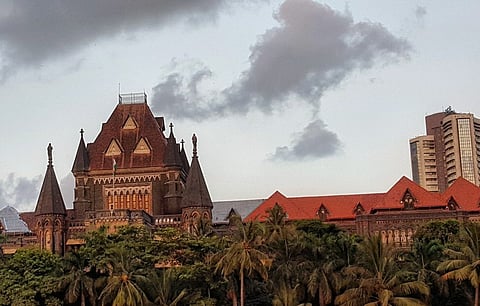
- News
- Columns
- Interviews
- Law Firms
- Apprentice Lawyer
- Legal Jobs
- हिंदी
- ಕನ್ನಡ

The Bombay High Court has issued notice in a PIL filed for the implementation of various police reforms, as per the recommendations in reports by the Bureau of Police Research and Development, Government of India (BPR&D).